Learn English
Find Your Perfect English Learning Buddy: A Practical Guide for Daily Study Practice
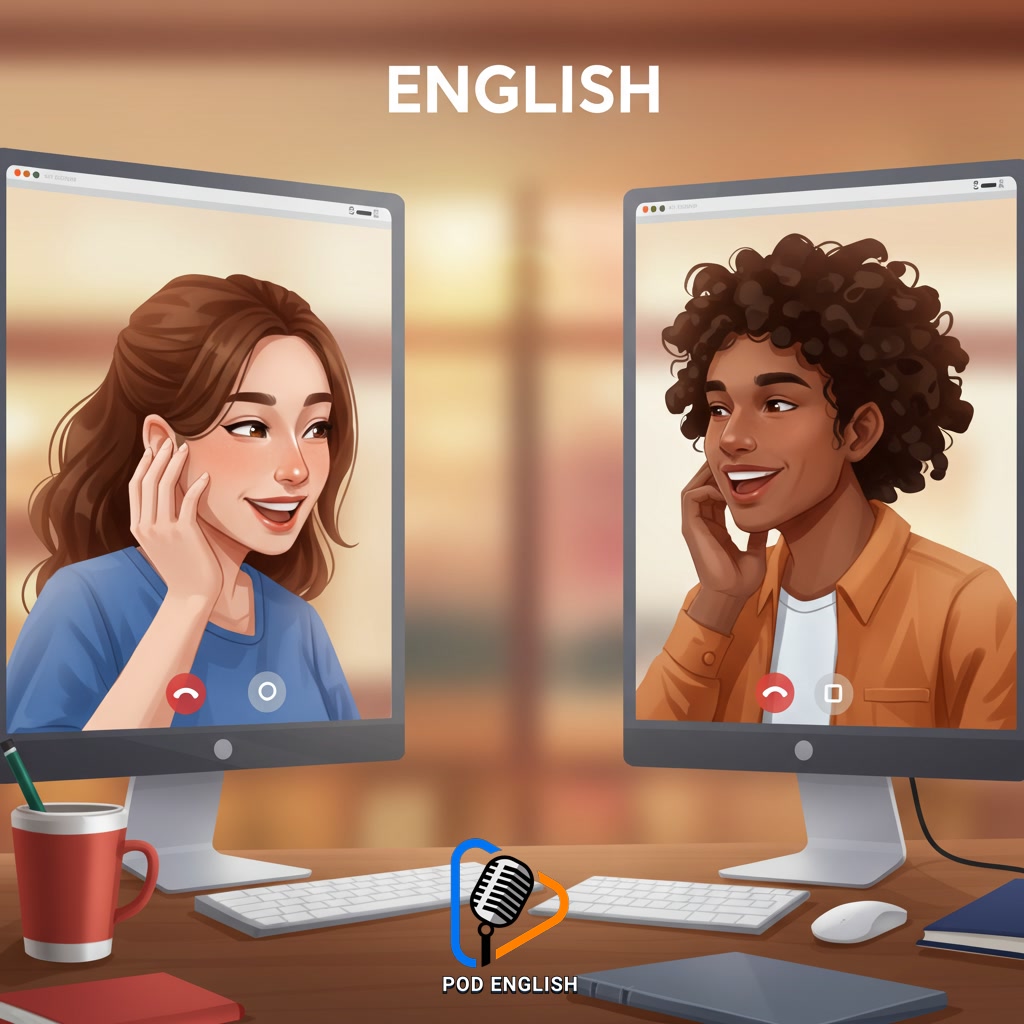
This guide offers practical advice on how to find an ideal partner to enhance your English language acquisition. It covers strategies for identifying compatible individuals and establishing effective routines for daily practice. Finding the right companion can significantly boost your motivation and progress when you study english regularly. The text provides actionable steps to make finding and working with a learning buddy a successful part of your language journey.
Table of Contents
- Section 1: The Power of a Partner: Why an English Learning Buddy is Essential
- Section 2: Defining Your Ideal Buddy and Shared Goals
- Section 3: Where and How to Find Potential Study Partners
- Section 4: Setting Up Your Collaboration: First Steps and Expectations
- Section 5: Designing Effective Daily Practice Sessions Together
- Section 6: Maintaining Momentum and Handling Challenges
Section 1: The Power of a Partner: Why an English Learning Buddy is Essential
Learning English can sometimes feel like a lonely journey, especially when you are trying to establish a regular study routine. This is where the immense power of a learning buddy comes into play. Having a partner transforms your study english efforts from a solitary task into a collaborative and engaging experience. A buddy provides essential motivation, making it easier to stay committed even on challenging days. More importantly, they offer a safe and practical environment to practice speaking and listening – vital skills that are hard to develop alone. You can give each other immediate feedback, clarify doubts, and share learning tips. This mutual support not only accelerates your progress but also makes the entire process more enjoyable and less overwhelming, proving that two heads are often better than one when it comes to mastering a language.

The Power of a Partner: Why an English Learning Buddy is Essential
Before you can find your perfect English learning companion, you must first define what ‘perfect’ means for you and what you hope to achieve together. Consider the qualities you value in a study partner: perhaps someone with a similar proficiency level, complementary interests, or a compatible learning style. Think about practicalities like availability and preferred study times. Crucially, you need to establish clear, shared goals. Are you focusing on improving conversation skills, expanding vocabulary, preparing for an exam, or something else? Discussing and agreeing upon these objectives from the outset ensures that both you and your buddy are working towards the same targets, making your joint study sessions more focused, productive, and motivating. This foundational step is essential for building a successful and lasting learning partnership that truly helps you study English effectively.

Defining Your Ideal Buddy and Shared Goals
Section 3: Where and How to Find Potential Study Partners
After you’ve clearly defined what you’re looking for in an English learning partner, the next crucial step is knowing where and how to find them. Explore diverse avenues, both online and offline. Online platforms such as language exchange apps, dedicated language learning websites, and even specific forums or social media groups focused on English learners are excellent starting points to connect with people globally. Locally, investigate community centers, universities, language schools, or even public libraries, which might host language clubs or provide spaces for learners to meet. Attending local language meetups or conversation groups is another effective way to encounter potential partners in person. Regardless of the location, the ‘how’ involves being proactive and clear. When you connect with someone, politely introduce yourself, explain your learning goals, and mention what you seek in a study buddy, ensuring alignment with the criteria you established earlier. Active participation in these communities significantly boosts your chances of finding a compatible match.
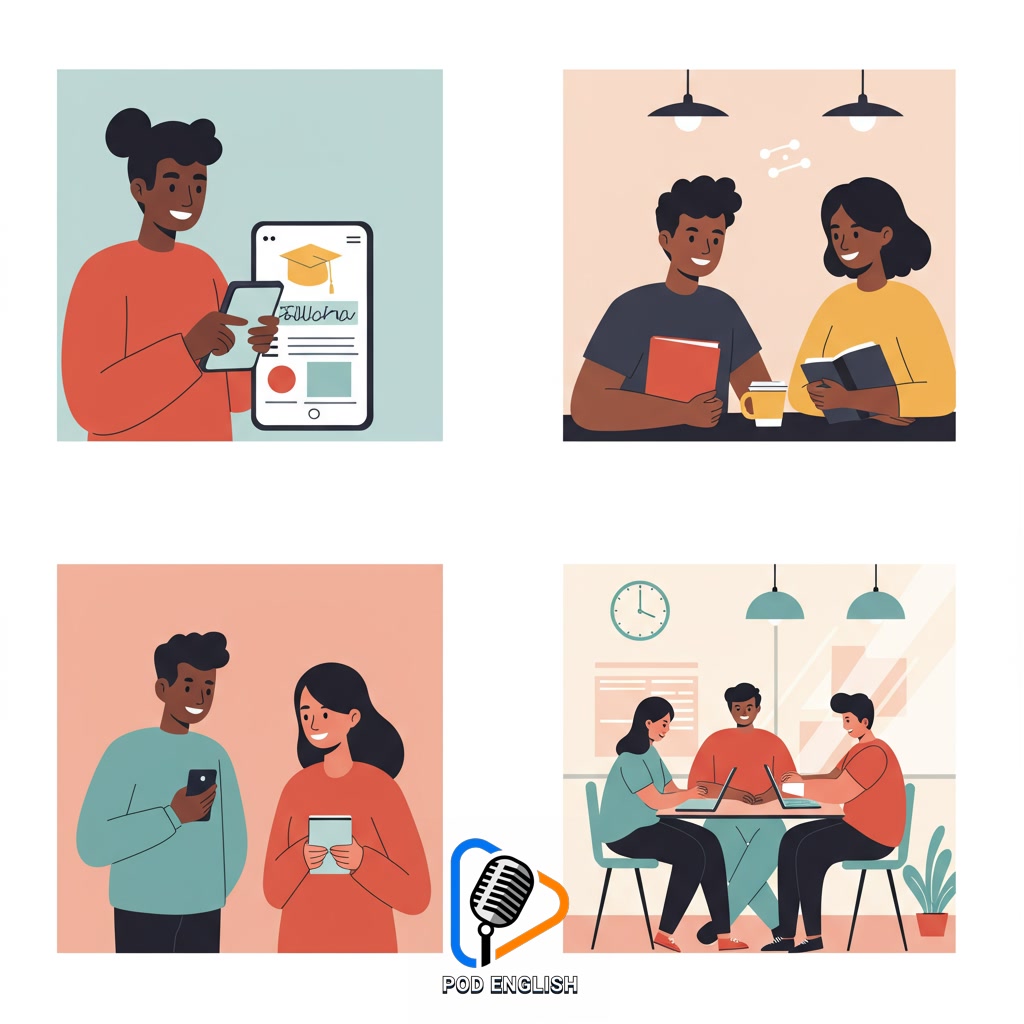
Where and How to Find Potential Study Partners
Section 4: Setting Up Your Collaboration: First Steps and Expectations
Once you’ve connected with a potential English learning buddy, the critical next step is to establish a clear framework for your collaboration. This initial phase involves discussing your individual learning goals and understanding what each person hopes to gain from the partnership. It’s essential to set realistic expectations regarding frequency, duration, and type of study activities. Decide together on a regular schedule that works for both of you – consistency is key to making progress. Discuss preferred methods, whether it’s conversation practice, grammar exercises, vocabulary review, or discussing articles and videos. Laying out these ground rules and shared objectives from the beginning helps prevent misunderstandings and ensures a productive and enjoyable learning journey together. Think of this as building the foundation for a successful study partnership.
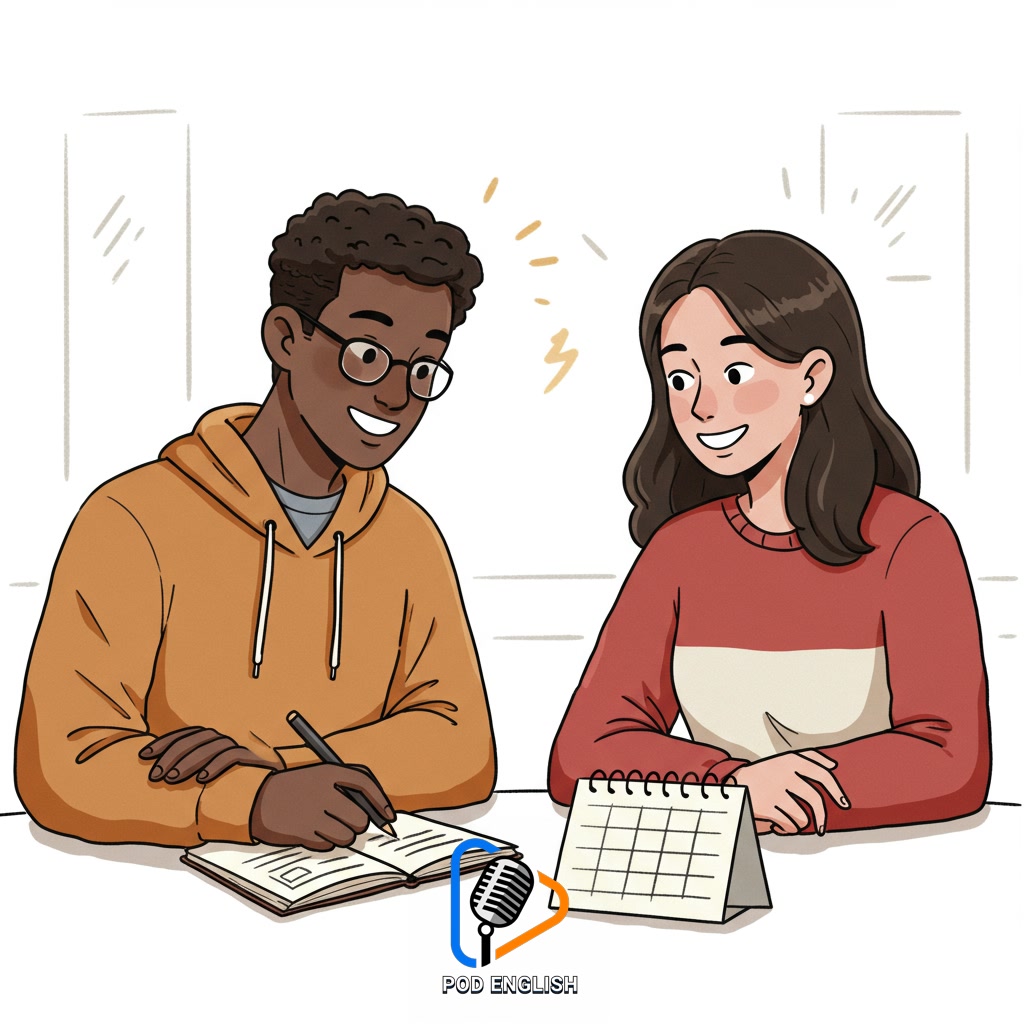
Setting Up Your Collaboration: First Steps and Expectations
Section 5: Designing Effective Daily Practice Sessions Together
Once you’ve set a time and general structure, dive into designing the specifics of your daily practice sessions. This is where you make learning actionable and engaging. Discuss with your buddy what mix of activities will be most beneficial and interesting each day. Consider dedicating time to free conversation on various topics, perhaps reviewing recently learned vocabulary or grammar points together, or even reading short texts or watching brief videos and discussing them. Varying your activities helps you practice different skills – speaking, listening, reading, and potentially writing if you share quick notes. Agree on a flexible mini-agenda for each session to give it focus. Consistency in timing and having a clear plan, even a simple one, ensures your daily study time is effective and helps you both stay motivated and make measurable progress towards fluency.
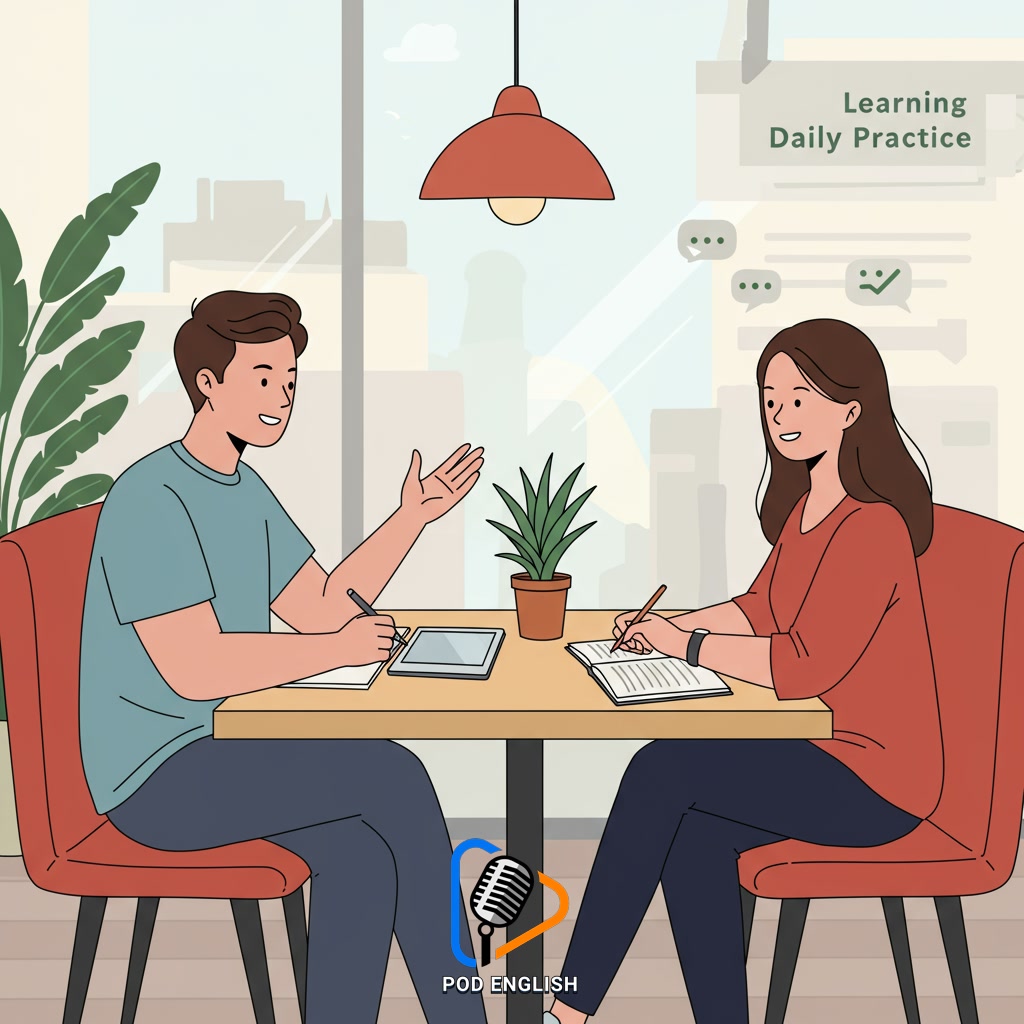
Designing Effective Daily Practice Sessions Together
Section 6: Maintaining Momentum and Handling Challenges
After establishing your study plan and session structure, the next crucial step is consistently maintaining momentum and effectively handling the inevitable challenges that arise. It’s completely normal for motivation to fluctuate, schedules to conflict, or for one partner to feel discouraged at times. Open and honest communication is paramount here. Make it a practice to regularly check in with your buddy about how the partnership is feeling and functioning. Discuss strategies for staying motivated, perhaps by setting small, achievable milestones or varying activities to keep things fresh. When difficulties emerge, view them as opportunities to strengthen your bond and problem-solving skills together. Be flexible, listen actively to each other’s concerns, and collaboratively adjust your approach as needed. Remember, navigating challenges together reinforces your commitment and builds a stronger foundation for long-term progress in your English learning journey.
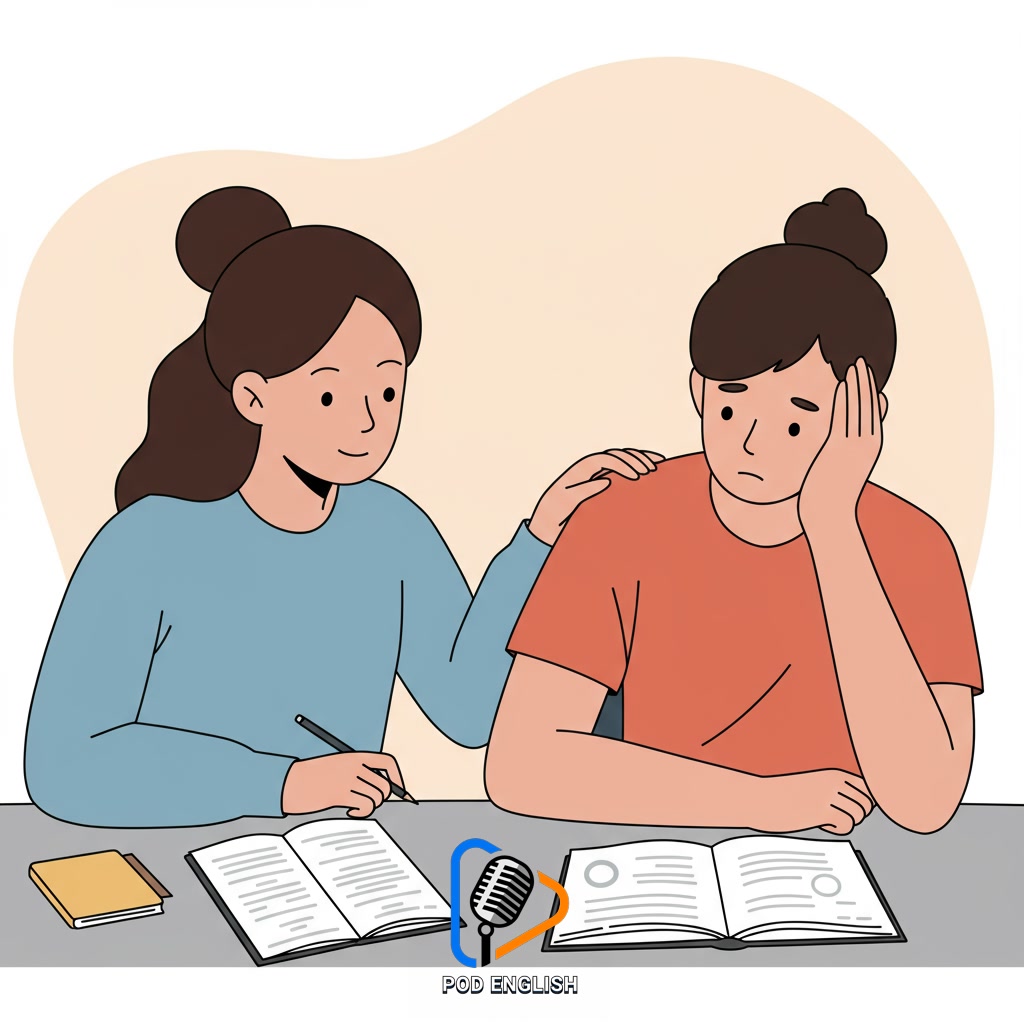
Maintaining Momentum and Handling Challenges













